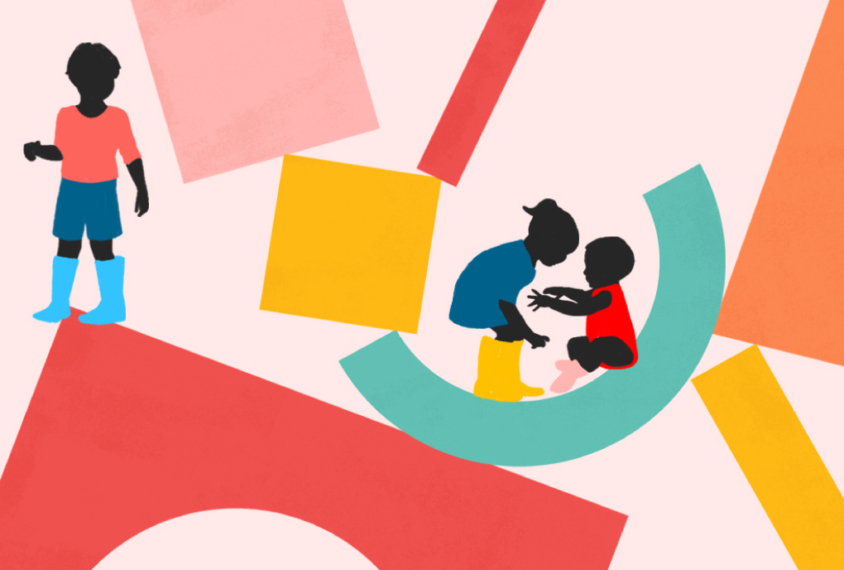Ingfei Chen is a writer and editor in Northern California who likes telling stories about medicine, science and the environment. Her articles have published in The New York Times, Science, KQED Mindshift, Scientific American and Smithsonian, among others.

Ingfei Chen
Freelance writer
From this contributor
What baby siblings can teach us about autism
Studies of infants at risk for autism have not yielded a test to predict who will eventually be diagnosed. But they have transformed our understanding of the condition.
The gene hunters
Criss-crossing the globe on a quest for unusual DNA, researchers have discovered a rare mutation that promises insights into both epilepsy and autism — and points to a treatment.
Wide awake: Why children with autism struggle with sleep
Half of children who have autism have trouble falling or staying asleep, which may make their symptoms worse. Scientists are just beginning to explore what goes wrong in the midnight hour.

Wide awake: Why children with autism struggle with sleep
Explore more from The Transmitter
New connectomes fly beyond the brain
Researchers are mapping the neurons in Drosophila’s ventral nerve cord, where the central nervous system meets the rest of the body.

New connectomes fly beyond the brain
Researchers are mapping the neurons in Drosophila’s ventral nerve cord, where the central nervous system meets the rest of the body.
Building an autism research registry: Q&A with Tony Charman
A purpose-built database of participants who have shared genomic and behavioral data could give clinical trials a boost, Charman says.

Building an autism research registry: Q&A with Tony Charman
A purpose-built database of participants who have shared genomic and behavioral data could give clinical trials a boost, Charman says.
Cerebellar circuit may convert expected pain relief into real thing
The newly identified circuit taps into the brain’s opioid system to provide a top-down form of pain relief.

Cerebellar circuit may convert expected pain relief into real thing
The newly identified circuit taps into the brain’s opioid system to provide a top-down form of pain relief.

